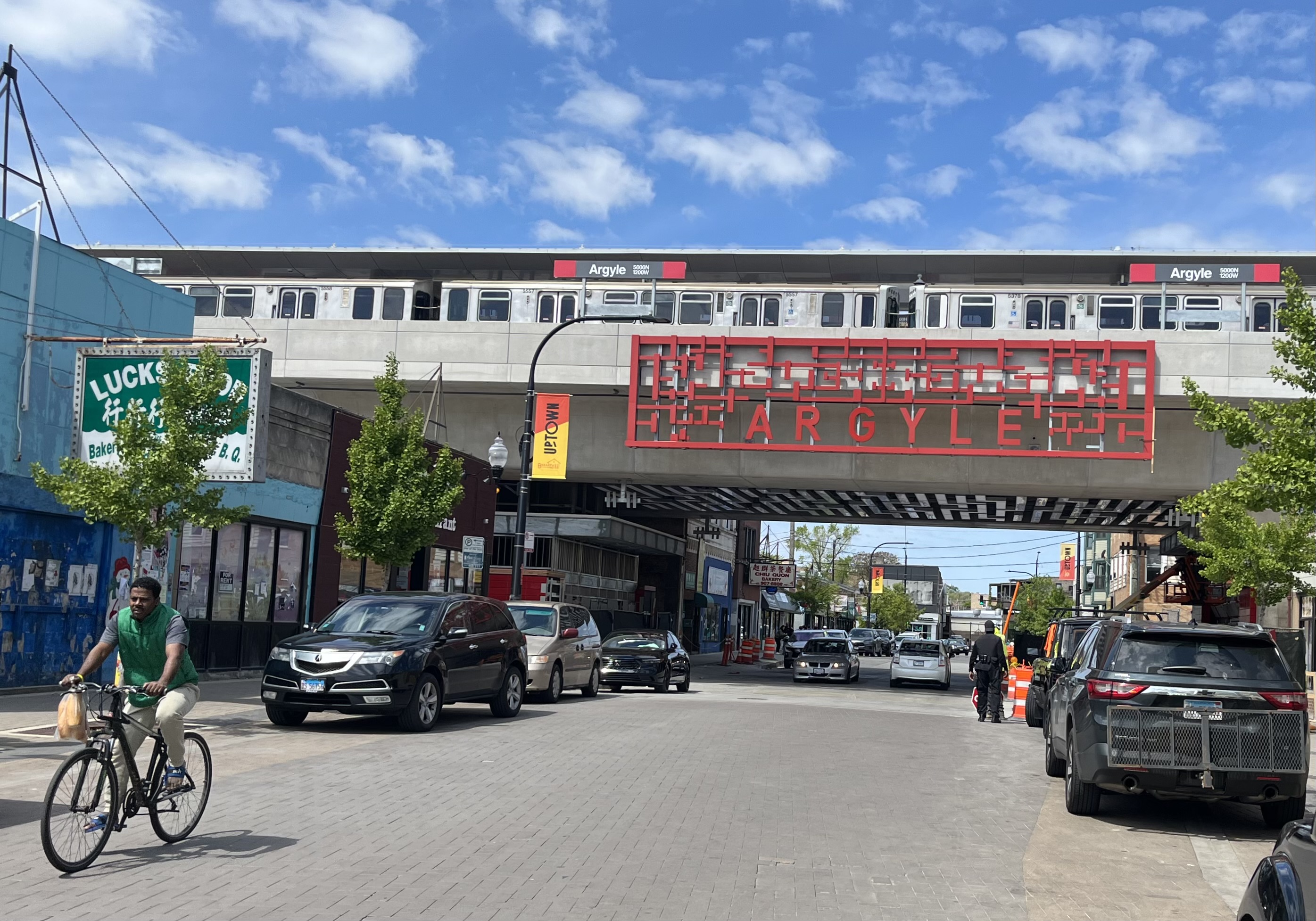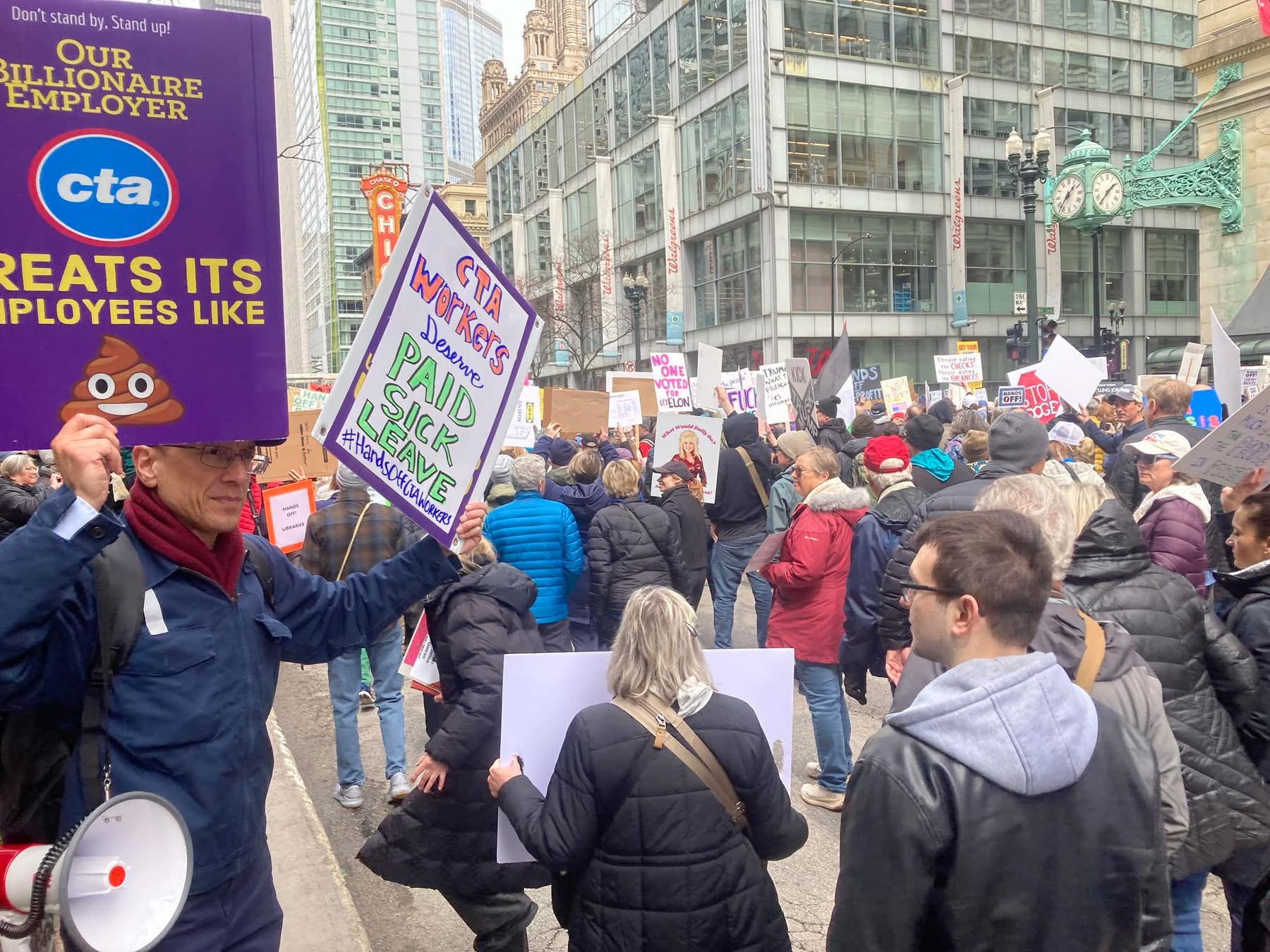These days, almost every mid-sized city has an entertainment district. Depending on your nature, these are the places you either flock to on Friday and Saturday nights or assiduously avoid. These are also often the best places to get a gyro at 2 a.m.
But as ubiquitous as entertainment districts have become, Nathaniel M. Hood at Strong Towns writes that they are generally terrible places to be the other five days of the week. He saw it first hand on a recent visit to Omaha, Nebraska:
Believe it or not, Omaha has some good urbanism. There is a solid urban form, nice architecture and it’s all intertwined into a historic fabric. Minus the excessively large one-way streets, most urbanists would be very pleased to replicate this in their hometowns.
There is a problem with Omaha’s best urban neighborhood: it’s loud, drunk and single-use. Correction. That’s only on Friday and Saturday night. The problem with Omaha’s best urban neighborhood: it’s silent, empty and single-use.
While originally having many diverse purposes, the Old Market neighborhood now is mainly articulated around one function: entertainment (and the odd antique shop). This would be tolerable if Omaha had other similar neighborhoods. They don’t – and neither do most American cities. That is precisely why we can’t be surrendering our best places over exclusively to entertainment.
It lacks one crucial element: people. Since entertainment is more or less modern code-speak for food and drink., it means that if it isn’t a weekend, these places are silent. For a place to be successful, it needs people. All types of people – not just 25 year olds on a Friday or Saturday night out.
To be successful, any urban area must have multiple uses, Hood writes.
Elsewhere on the Network today: World Streets comments on the inequity of car-based transportation systems. Bike Delaware reports that the League of American Bicyclists is calling for reform of an influential engineering guidebook, the Manual on Uniform Traffic Control Devices. And NRDC's Switchboard blog says Americans may not like paying taxes, but climate change's extreme weather problems are already exerting a 2.7 percent drain on personal budgets when averaged across the United States.





